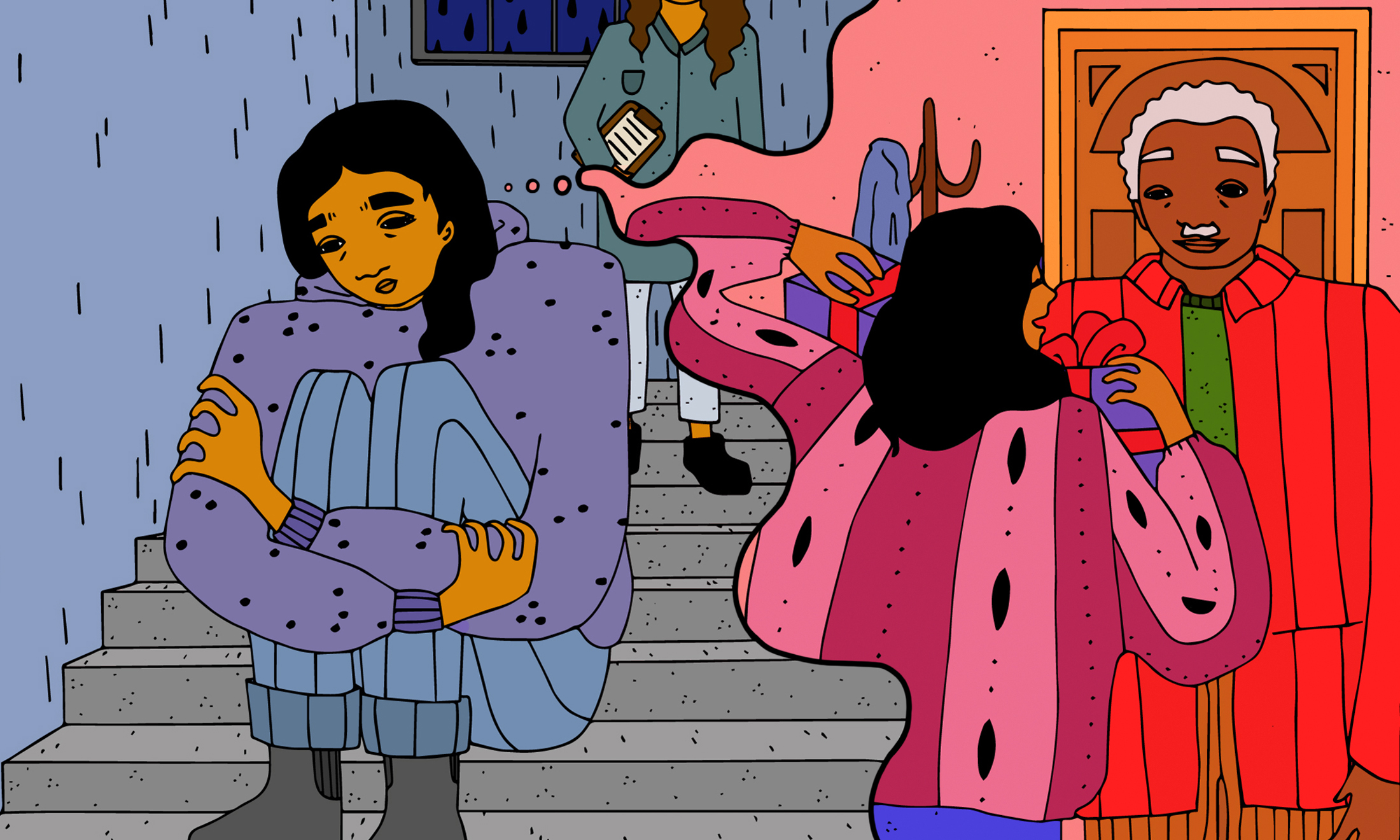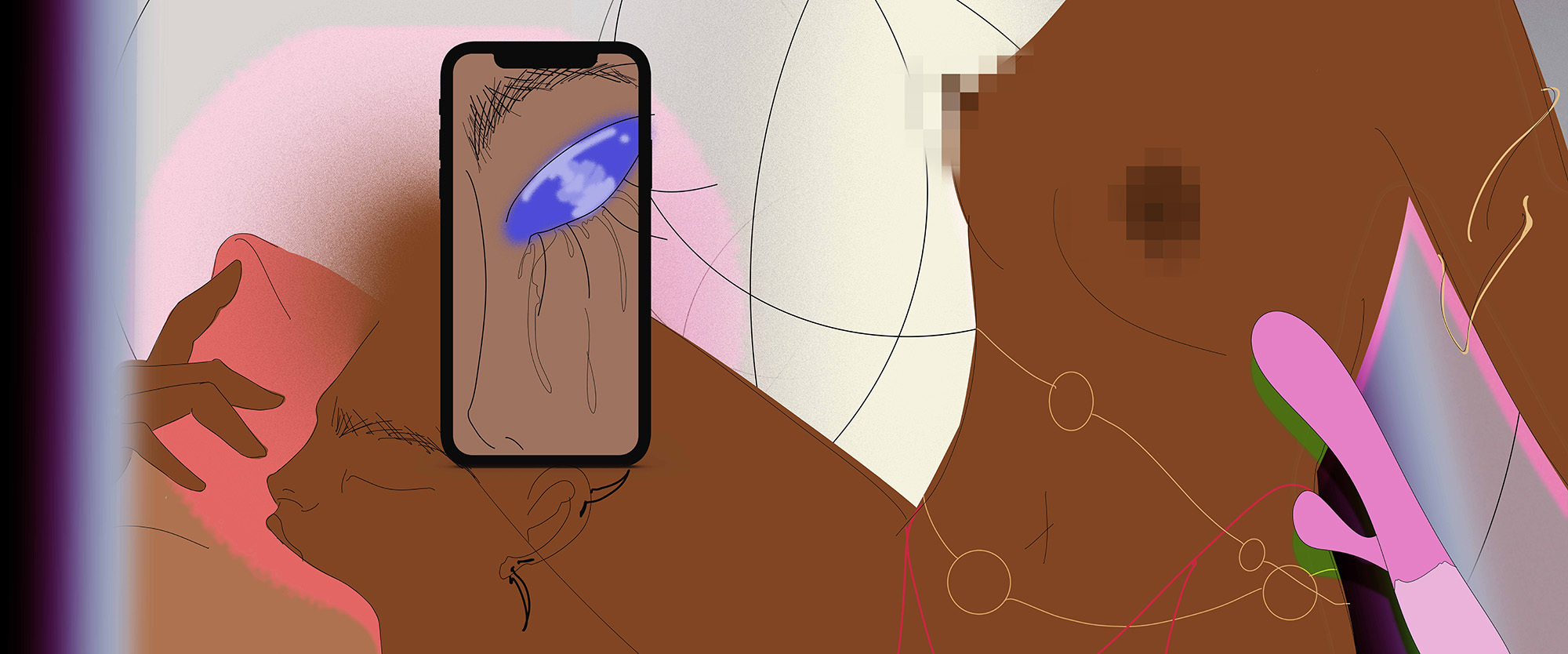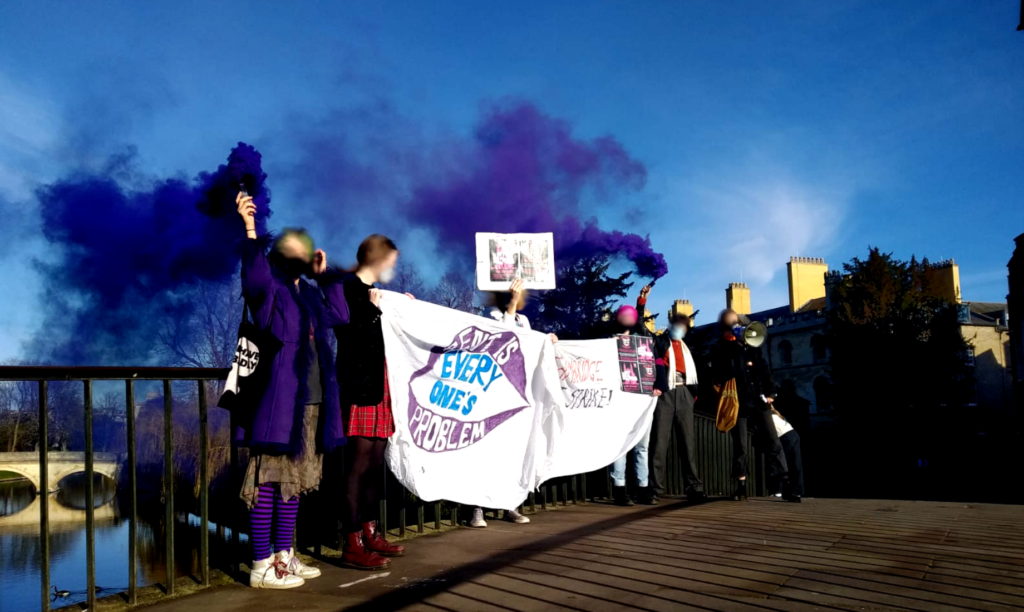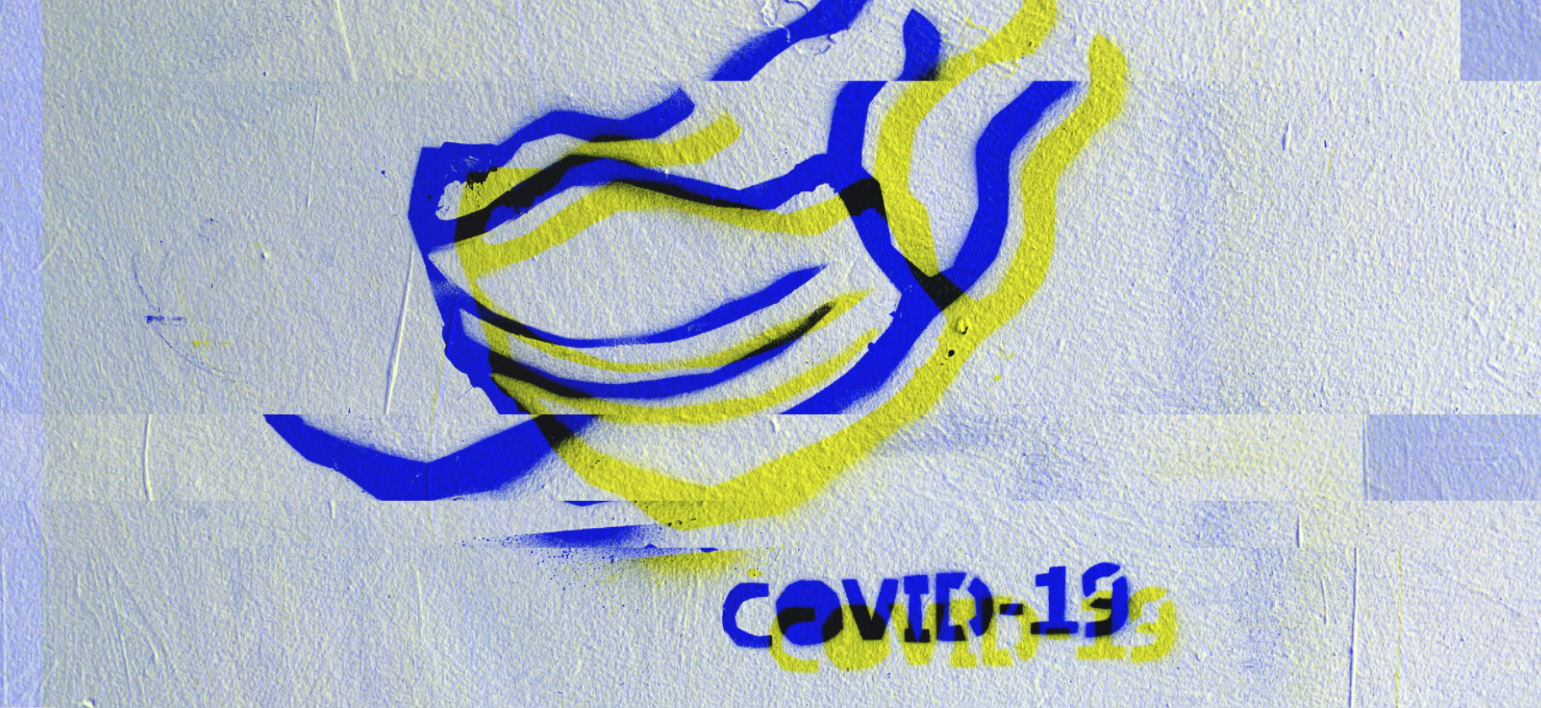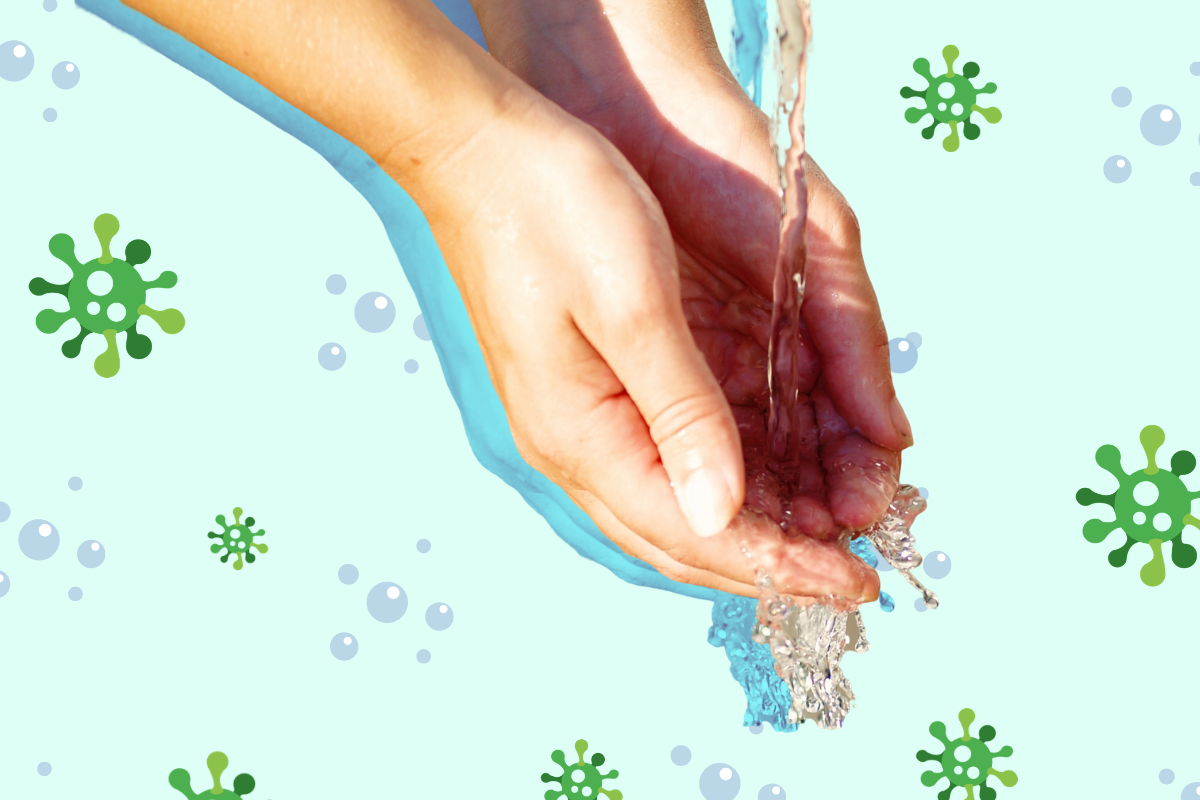
Coronavirus reminds us how people of colour have always been stigmatised as unclean
We are shamed for allegedly having poor hygiene standards – even though the reality is often the opposite.
Dalia Dawood
10 Mar 2020
During a childhood sleepover at my house, I remember one of my English friends emerged from the bathroom and asked “why do you have a watering can next to the toilet?”. I explained that in my Middle Eastern culture – and across many Muslim communities – we wash our rears with water after going to the toilet. In some homes it’s a hand-held bidet called a “shattaf”. She and the other European girls made a face that was a mix of bewilderment and disgust. One even said “urgh!”
I didn’t understand why something I was raised to do because it’s hygienic was considered unsanitary to my Western friends. As an Arab Muslim growing up in the UK, I often encountered this hygiene-shaming, including being called a “dirty Arab”, and being told to wash my hair – I had a tangled shock of curly, frizzy hair that was hard to tame as a child (I hadn’t yet discovered hair straighteners). These experiences frustrated and offended me because I have been brought up with cleanliness and personal hygiene as a big part of my identity (I am admittedly a germaphobe).
There are statistics to prove it. While the panic over cleanliness has kicked in since the coronavirus outbreak and everyone is telling each other to #WashYourHands, I came across an article about a 2015 research study into global hygiene standards that showed that shocking numbers of people in European countries do not wash their hands with water and soap after going to the toilet – as low as 50% in some places. The article highlighted another alarming figure from an older study, which said “while 95% of Britons claim to wash their hands after visiting the bathroom, barely a tenth actually do.” Barely a tenth.
Yet there was an interesting cultural twist: a journalist on Twitter pointed out that people are more likely to wash their hands in countries with a large Muslim population because of washing rituals before Islamic prayer. Other research backs this up: a French study measured hygiene practices in 63 countries and hand-washing was highest in mostly eastern and Muslim-majority countries: Saudi Arabia scored highest with 97% followed by Bosnia (96%), Algeria (94%), Lebanon (94%) and Papua New Guinea (94%).
“As an Arab Muslim growing up in the UK, I often encountered this hygiene-shaming, including being called a ‘dirty Arab’ and being told to wash my hair”
Despite the evidence, historically people from these regions are subjected to racism and stereotyping about their hygiene standards. South Asians are judged for toilet etiquette that some follow, which favours using water and your hand to wipe instead of toilet paper; Asians and Middle Easterners are deemed uncivilised for having squat toilets instead of Western-style seats. Yet the reason for these cultural differences is simple: it’s cleaner. A hole in the floor to squat over may seem unusual to many Westerners but it is considered more hygienic than to have direct contact with the seat. Similarly, using your hand and water to clean your bottom after the toilet is thought to be a cleaner method than using a dry tissue. As a Bangladeshi friend once described it to me, the latter is “like wiping your dirty dishes with kitchen paper and putting them back in the cupboard”.
Cleanliness is an important part of Islam. Muslims often quote the Prophet Muhammed’s words “cleanliness is half of faith”, and follow guidance in the Qur’an about purifying oneself beyond prayer rituals such as shaving and cutting your nails. Other communities have historic reasons for fixating on cleanliness; they aim to cleanse themselves of historical racism. Among some African American and other black communities, people regularly sprinkle baby powder into their knickers to feel and smell fresh. They are also more likely to douche than their white counterparts. Both of these practices have harmful effects (talcum powder is deemed a possible carcinogenic and douching can lead to vaginal infections), yet the reasons for doing so run deep; for some, an odour-free body can represent personal progress and a desire for racial assimilation among societies that have largely stigmatised them as dirty.
“One friend described using toilet paper instead of water as ‘like wiping your dirty dishes with kitchen paper and putting them back in the cupboard'”
Many women of colour face a double hygiene burden. We are shamed for being from parts of the world that have wrongly been considered to uphold poor hygiene standards, and those who have a period are often shamed for it. We are made to feel dirty, even though our cultures often prize hygiene highly. Though, this isn’t to suggest that Westerners are unclean or to launch into unhelpful finger-pointing. Yet in a time of global crisis, the spread of germs shouldn’t lead to the spread of harmful stereotypes and misinformation about certain cultures or groups. We should learn from each other’s hygiene traditions instead of stockpiling toilet paper and sharing racist memes about communities and minorities who have faced hygiene discrimination for years. As the saying goes, cleanliness is next to godliness.


